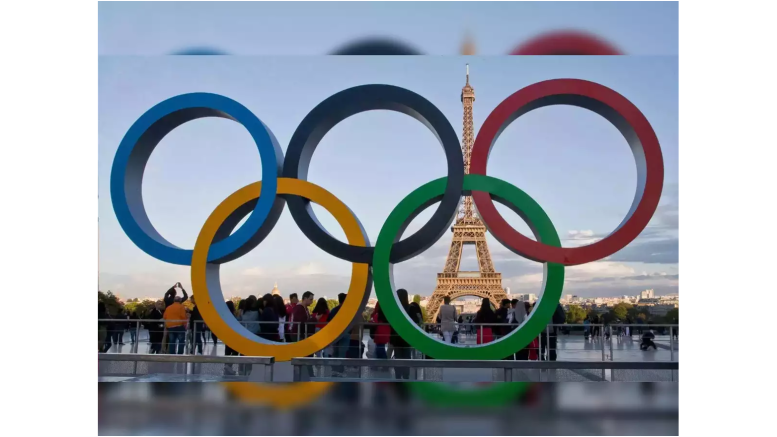The whole nation was in a shock when wrestler Vinesh Phogat was disqualified for a mere 100 gms increase in weight.
There was a sense of numbness and disbelief to the overall situation. The gold was so near! The goal within reach. History was about to be scripted. And it did. But not in the way it was envisaged.
We win some, we lose some.
The job of a corporate communicator is no less than that of an Olympian.
Communicators face challenges almost every day! Whether it’s managing a brand crisis, communicating a strategic pivot, or ensuring that a company’s message resonates with its diverse stakeholders, the challenges are immense. They have to be perpetually prepared to handle any crisis. It is difficult for communicators to say ‘no’ to the work that comes their way. They are the custodian of the company’s reputation.
These challenges, much like those faced by an Olympian, require a unique mindset—one that is focused, resilient, and perpetually striving for excellence.
Here are some lessons communicators can pick up from olympians.
An eye for detail
Athletes must monitor every aspect of their preparation to meet strict standards. Vinesh’s efforts and focus on her weight and diet is now legendary. There has to be no room for error.
Communicators cannot afford to make mistakes. Imagine missing a press release deadline! Or releasing a press note that has spelling mistakes! Or sending out a report with wrong data! These can be a nightmare for communicators. Communicators must ensure that every element of their message, strategy, and execution is carefully considered and precisely aligned with their objectives.
Consistency in every step
Consistency calls for a disciplined approach to whatever one does. In sports this can be regular practice and training. Neeraj Chopra’s continued success is a testament to his consistent performance over time.
Communicators can build trust and credibility by maintaining consistency. This consistency is required to cultivate and nurture brand reputation, deliver clear and effective messaging, or when engaging with stakeholders.
Agility and adaptability
We witnessed how the Indian hockey team kept adapting their moves based on the tactics of the opposing team or unexpected developments on the field. This ability to adapt to changes in real-time was crucial to their success.
In today’s fast-paced and unpredictable environment, communicators must be able to pivot quickly and adjust their strategies. In order to to remain effective, they need to be quick in dealing with sudden changes in market conditions, shifts in public sentiment, or unexpected crises.
Mental strength and resilience
We won three medals in shooting. The Indian shooters demonstrated exceptional mental strength in a high-stakes environment, maintaining their focus and delivering when it mattered most.
Communicators need to stay composed, think clearly, and make sound decisions under pressure. Mental resilience enables communicators to navigate challenging situations without losing sight of their goals.
Teamwork
The Indian hockey team’s success was built on strong teamwork, where each member understood their role and worked together towards a common goal.
Communicators work across businesses and with many cross functional teams. It is their ability to collaborate that leads to the co-creation of an effective narrative. By fostering a culture of teamwork, they ensure that everyone is aligned and working together to achieve shared objectives. This approach leads to more cohesive and impactful communication efforts.
In conclusion
By learning from the approach of Olympians —emphasising precision, mental strength, consistency, focus, teamwork, and preparation—communicators can elevate their strategies and execution, ensuring that their messages hit the mark and achieve their objectives. Just as in shooting, where every shot counts, in communication, every word, message, and action plays a crucial role in achieving success.
The views and opinions published here belong to the author and do not necessarily reflect the views and opinions of the publisher.



Be the first to comment on "Corporate communicators need to develop an Olympian mindset"